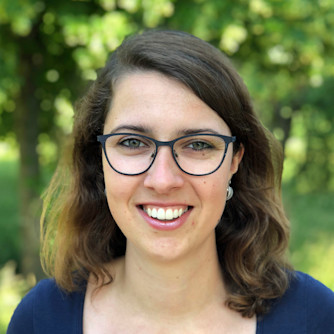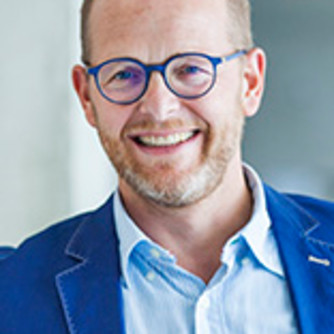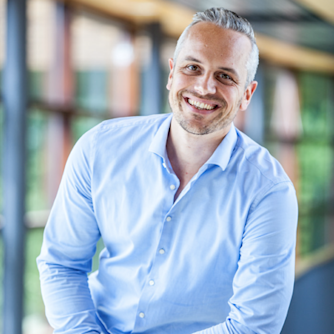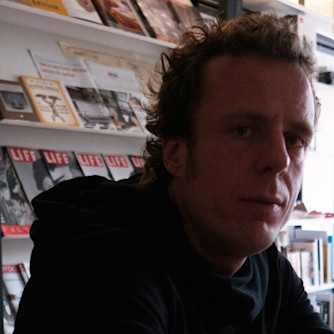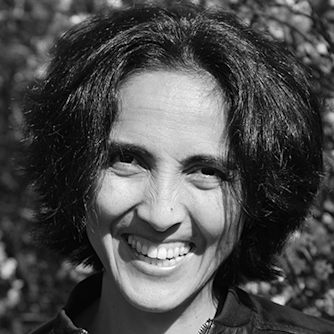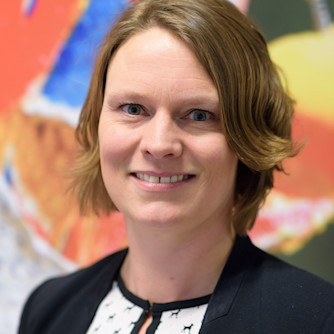eHealth for healthy ageing, get inspired! Part 1
- HEALTHY BEHAVIOUR
- DESIGN FOR CHANGE
- TALK
Join the kick-off of the ten public-private partnership projects and the overarching project awarded a ZonMw grant within the Create Health programme!
In two subsequent blocks (click here for part 2) the ten projects are presented. The overarching project ‘Creative & Health Innovation Ways of Working Analysis (CHIWAWA)’, that was set up to find generic knowledge and insights from the ten projects, is presented too.
The goal of this meeting is to introduce the projects to the broad fields of the creative and healthcare/welfare sectors, making a first step towards collaboration and creating support for the outcomes of these projects. In addition, this meeting shows concrete examples of what collaborations between creative and healthcare/welfare can result in.
Learn more about these projects and get connected!
The Create Health projects relate to the development of knowledge of eHealth for the creative industries and for healthcare and welfare under one or more of the three themes concerning elderly people or the process of ageing:
1. Home care and self-management: longer independent with dementia;
2. Preventing overweight: prevention through changes in lifestyle;
3. Preventing loneliness: ensuring that vulnerable elderly people do not become lonely.
The overarching project will research the use of creative methodology at meta level in the above-mentioned Create Health projects and the added value of this methodology for achieving new innovation in the healthcare sector. The project will also investigate how this added value is accomplished.
Programme Part 1
Creating Impact
The first five Create Health projects present a 2-minute elevator pitch. One of the project leaders will be asked to elaborate on how the project will contribute to healthy aging. Next, the audience will develop a Contribution Map. Project members of the ten projects will develop a Contribution Map for their own project to get more insight in the ways their project team and the stakeholders involved can create impact in the different stages of the project. The audience who is not (yet) involved in one of the ten projects will develop a Contribution Map to get more insight in the way they (as an individual) can contribute to one of the three themes and they are challenged to think about the way the can contribute to one of these ten projects.
During the break participants are invited to mingle with participants from your own sector and discuss assumptions and prejudices you might have about people from other sectors.
Create Health
The ZonMw Create Health programme aims to help address the societal challenge of ensuring that people enjoy an active old age. It will do so by bringing together parties from the creative industries and from the healthcare and welfare sector, supporting the development and sharing of knowledge, providing access to funding and assisting with scaling-up. More information about the Create Health programme and projects can be found on the ZonMw website.



